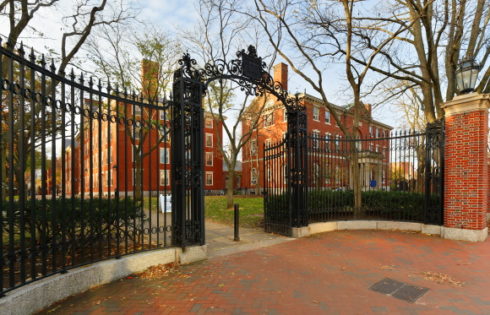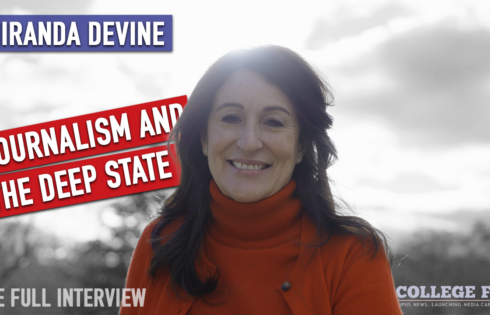As Princeton Prof. Robert George says, President Donald Trump “famously lost the conservative intelligentsia” but has pleased more than a few with his Supreme Court pick, Neil Gorsuch of the 10th U.S. Circuit Court of Appeals.
A favorite of conservatives and Gorsuch’s editor on a book about assisted suicide, the political science professor George writes in The Washington Post today that Gorsuch – often compared to the late Justice Antonin Scalia – “has the potential to be a great” justice:
Gorsuch’s combination of outstanding intellectual and personal qualities places him in the top rank of American jurists. …
[In writing the assisted suicide book] Gorsuch went the extra mile in ensuring that his treatment of the work of other writers — especially those with whom he disagrees — was sympathetic and impeccably accurate. His sheer fair-mindedness was the thing I found most striking about working with him.
George calls him an “intellectual superstar” without Scalia’s “fiery” demeanor:
I recall being with him at an academic conference at which a graduate student contradicted and challenged a comment he had made. Far from bristling or even returning fire, he encouraged the student to develop her argument further, graciously acknowledging merit in the point she had made.
Democrats should hold their fire and wait for a better target than Gorsuch (who would also be the only Protestant on the court), according to George:
He is basically a Boy Scout. He’s a faithful husband, a good father, a caring neighbor, a generous friend, a man of probity who holds himself to the highest ethical standards. …
Gorsuch will be a hard man to depict as a ferocious partisan or an ideological judge, which isn’t to say he won’t be described this way by ideologically partisan critics for whom the prospect of a conservative intellectual giant on the Supreme Court is anything but welcome.
Jonathan Adler, a law professor at Case Western Reserve University and administrative-law expert, identifies one big ideological difference between Scalia and Gorsuch in another Post op-ed: the role of judges in overseeing federal agencies.
Gorsuch’s confirmation may presage a major Supreme Court shift away from deference given to dubious federal interpretations of law under the 1986’s Chevron ruling, Adler writes:
Scalia feared an overweening judiciary that would use the power of judicial review to direct regulatory policy and supplant the policy judgments of presidential appointees. …
Scalia defended Chevron against its detractors left and right, seeing a useful constraint on activist courts. Gorsuch, on the other hand, sees in Chevron a potential threat to the fundamental obligation of the judiciary to interpret federal statutes and “say what the law is.”
Gorsuch wrote for himself in a recent ruling that “Chevron seems no less than a judge-made doctrine for the abdication of the judicial duty”:
Allowing agencies to offer authoritative statutory interpretations, Gorsuch warned, threatens to transfer “the job of saying what the law is from the judiciary to the executive,” thereby inviting “the very sort of due process (fair notice) and equal protection concerns the framers knew would arise if the political branches intruded on judicial functions.”
For everyone concerned about the Trump administration’s immigration directives, Gorsuch’s example of Chevron‘s danger should prove persuasive.
His own appeals court had ruled certain immigrants could “seek an adjustment” of their status with the attorney general. The Board of Immigration Appeals then changed its interpretation of the federal law Gorsuch’s court had analyzed so it could bar such immigrants, Adler writes:
As Gorsuch recounted, “an executive agency was permitted to (and did) tell us to reverse our decision like some sort of super court of appeals.” Warned Gorsuch, “If this doesn’t qualify as an unconstitutional revision of a judicial declaration of the law by a political branch, I confess I begin to wonder whether we’ve forgotten what might.”
Read George’s and Adler’s op-eds.
Like The College Fix on Facebook / Follow us on Twitter




Add to the Discussion